Rising Melatonin Use in Children: The Importance of Protecting Young Pineal Glands
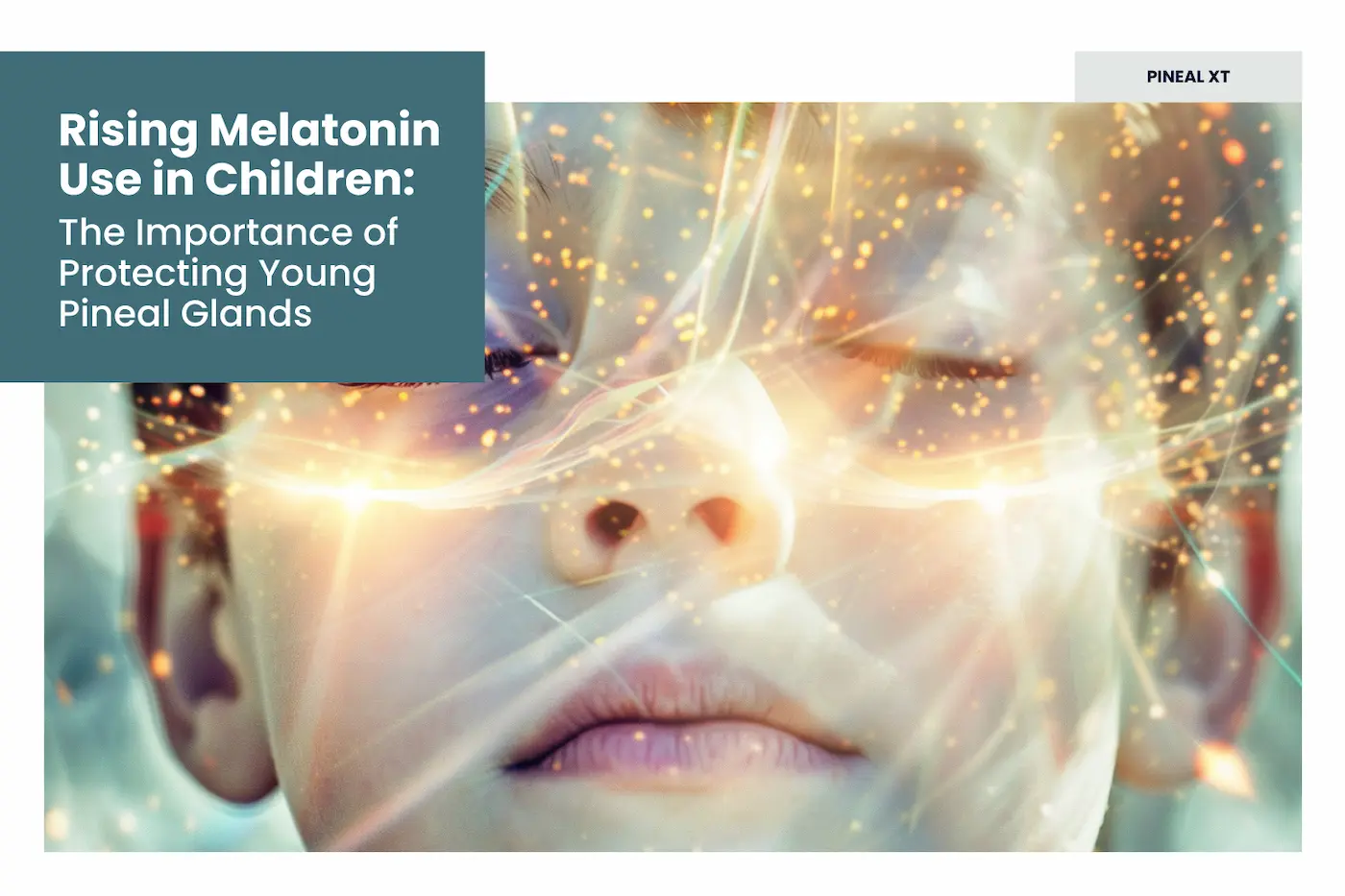
Hi there,
Eric Thompson here.
You know, my nieces and nephews are no older than ten…
And I’m deeply invested in their health and well-being.
That’s why today…
I want to discuss a recent study that reveals a significant rise in melatonin use among children…
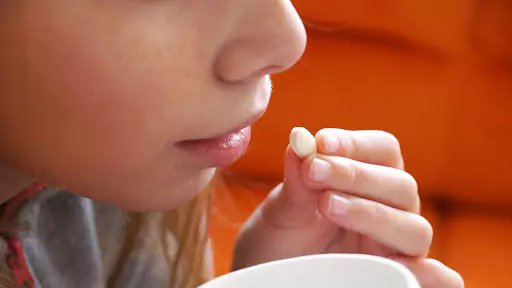
And the implications this has on their health.
A Concerning Rise in Melatonin Use in Children
According to new research from the University of Colorado Boulder…
Nearly one in five school-aged children and preteens are now taking melatonin to help them sleep.
This information is particularly troubling for several reasons…
Especially because the safety and long-term effects of melatonin use in children are not well understood.
These dietary supplements aren’t fully regulated by the FDA…
Which raises questions about their quality and efficacy.
Melatonin is naturally produced in the pineal gland…
And plays a crucial role in signaling our bodies when it’s time to sleep and regulating our circadian rhythms.
In many countries…
Melatonin is classified as a drug and only available by prescription.
However, in the United States, it’s readily available over the counter…
Even in child-friendly gummy forms.
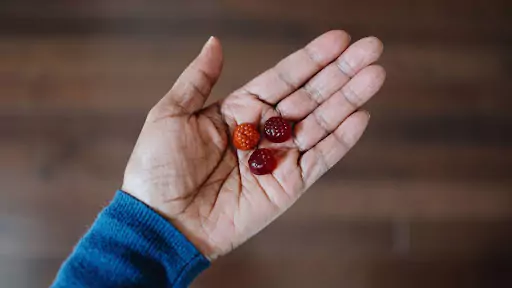
This ease of access is one reason why its use among children has soared.
In 2017-2018, only about 1.3% of U.S. parents reported giving their children melatonin.
Fast forward to 2023…
A survey of about 1,000 parents revealed that 18.5% of children aged 5 to 9…
And 19.4% of preteens aged 10 to 13…
Had taken melatonin in the past 30 days.
Even more surprising, nearly 6% of preschoolers aged 1 to 4 had used melatonin in only one month.
This trend is alarming.
Melatonin Use in Preschoolers
The study found that preschoolers who used melatonin had been taking it for a median length of one year…
While grade-schoolers and preteens had used it for median lengths of 18 and 21 months, respectively.
The older the child, the higher the dosage.
Preschoolers are taking anywhere from 0.25 to 2 mg…
And preteens are taking up to 10 mg.
This increasing dosage with age raises further concerns about the potential impact on their developing bodies and brains.
Melatonin Gummies: Are They Really Safe for Your Child?
In a separate study published in April 2023…
Researchers analyzed 25 melatonin gummy products and found that 22…
Contained different amounts of melatonin than indicated on the label.
One product had more than three times the labeled amount…
While another had none at all.
Some supplements were even found to contain other substances…
Like serotonin…
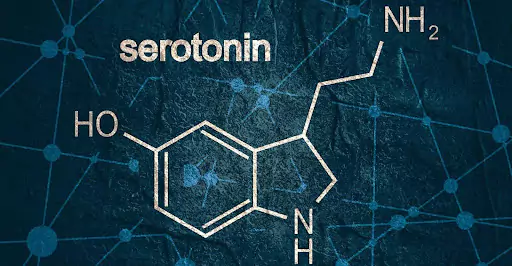
Which could have additional effects.
This inconsistency in product quality means parents might not truly know what they’re giving their children…
Which is truly worrisome.
There’s also concern that giving melatonin to young people could influence the timing of puberty onset.
Furthermore, melatonin gummies, which look and taste like candy…
Pose another risk.
From 2012 to 2021, reports of melatonin ingestion to poison control centers increased by 530%…
Primarily among children under age five.
While most cases were unintentional and asymptomatic…
The rising numbers highlight the need for caution.
Can Melatonin Help?
Pediatric sleep specialists point out that melatonin can be a useful short-term aid…
When used under the supervision of a healthcare provider…
Especially for children with autism or severe sleep problems.
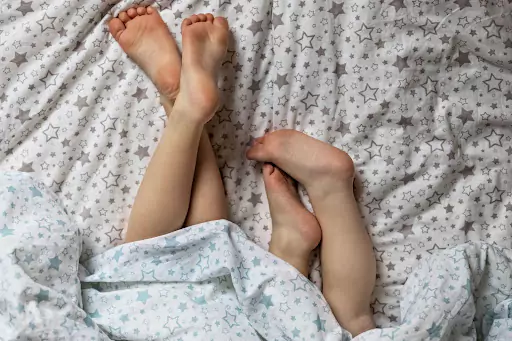
However, they emphasize that it’s rarely a first-line treatment and recommend behavioral changes first.
While melatonin is generally well-tolerated…
We should exercise caution when using any medication or supplement in young, developing bodies.
One concern is that children might build a tolerance to melatonin.
This means that they may require higher doses over time to achieve the same effect.
Introducing melatonin early in life could also send the message that pills are the answer to sleep problems…
Which isn’t a healthy mindset to instill in young children, IMHO.
The study’s findings suggest that the increasing use of melatonin points to underlying sleep issues that need to be addressed.
What do you think?
Change Your Mindset
It looks like simply treating the symptom with a pill doesn’t solve the root cause of the problem.
That’s why it’s SO important to develop good sleep hygiene habits early on.

I’ve spent years researching the pineal gland and its role in our health…
So I can’t stress enough the importance of preserving this vital gland from a young age.
The pineal gland is responsible for producing melatonin naturally…
And introducing synthetic melatonin into a child’s system could potentially disrupt this delicate balance.
How to Protect Your Child’s Pineal Gland?
One way to protect your child’s pineal gland is by ensuring they have a clean environment.
This includes using water filters to remove harmful chemicals like fluoride…
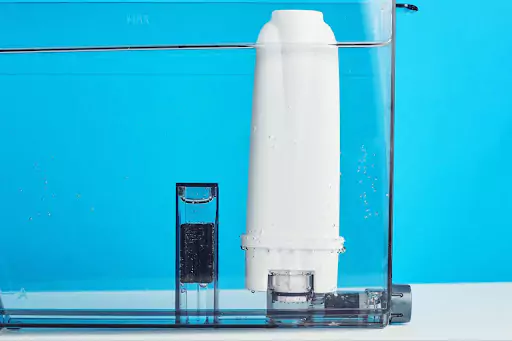
Which can calcify the pineal gland and impair its function.
Encouraging good sleep hygiene is also crucial.
This means establishing a regular bedtime routine…
Reducing screen time before bed…
And ensuring their sleeping environment is dark and quiet.
If your child is experiencing sleep issues…
Consult with a healthcare provider before turning to supplements like melatonin.
They can help identify any underlying issues…
And recommend appropriate treatments.
Sometimes, simple lifestyle changes can make a significant difference.
Education Comes First
In addition to protecting the pineal gland and promoting good sleep habits…
It’s important to educate your children about the importance of natural sleep.
Help them understand that good sleep hygiene is a lifelong habit that will benefit their health in the long run.
In Closing
The rising use of melatonin among children is a concerning trend that warrants further investigation and caution.
Let’s work together to protect our children’s health…
And ensure they develop healthy habits that will serve them well throughout their lives.
It’s never too early to start protecting this crucial part of our bodies.
Together, we can ensure a healthier future for our children.
See you next time,
Eric Thompson

